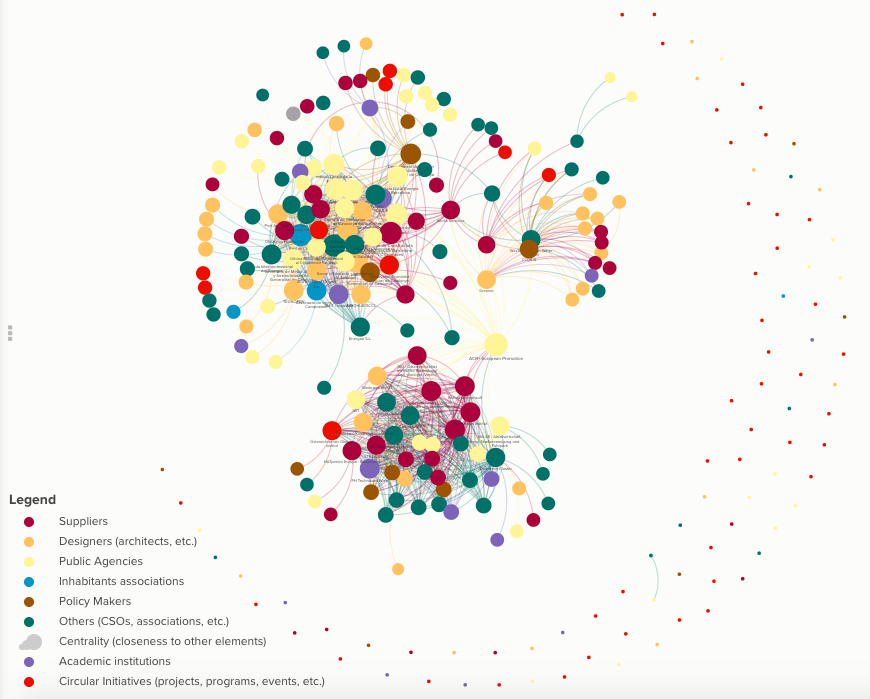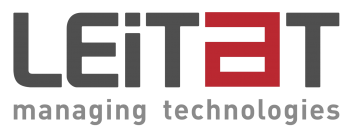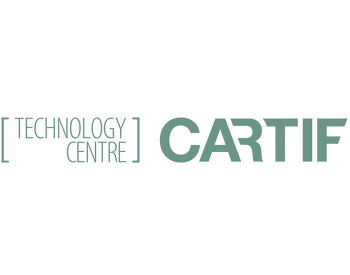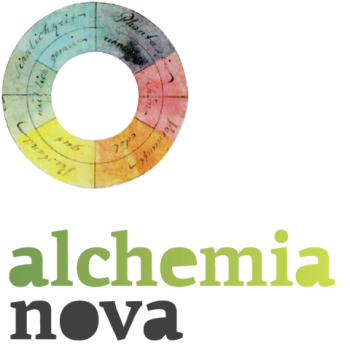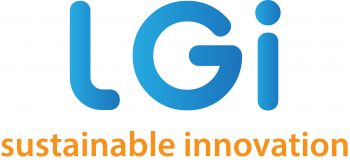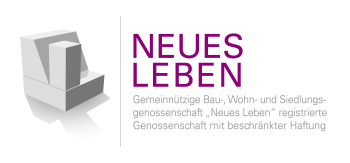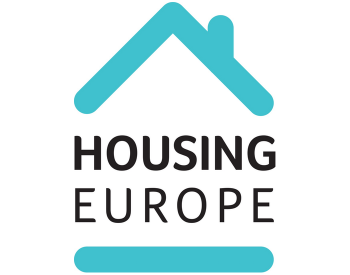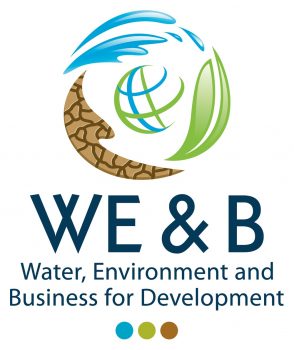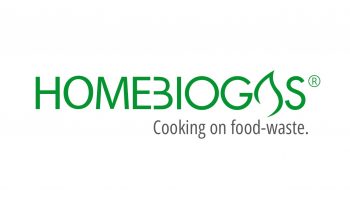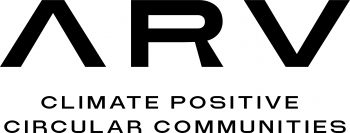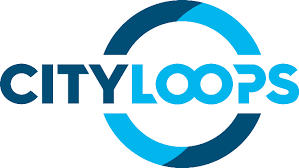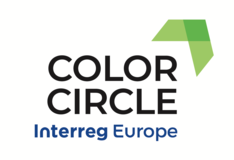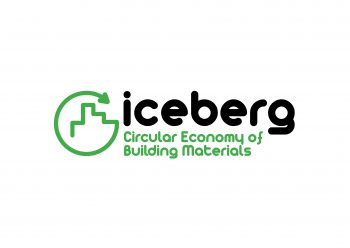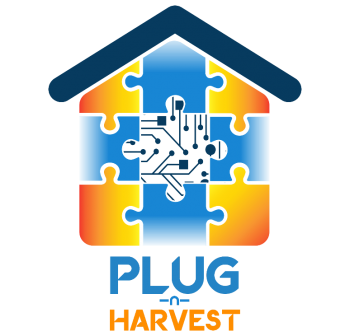About HOUSEFUL
HOUSEFUL proposes an innovative paradigm shift towards a circular economy for the housing sector. The main goal is to develop and demonstrate an integrated systemic service (HOUSEFUL Service) composed of 11 circular solutions co-created by stakeholders in the current housing value chain. The HOUSEFUL Service will aim at the circular management and efficient use of water, waste, energy and material resources for all stages of the European building’s life cycle.

HOUSEFUL approach will be demonstrated at a large scale in 4 demo-sites in Austria and Spain, adapting the concept to different scenarios, including social housing buildings. The project’s solutions will be evaluated from an environmental (Life Cycle Assessment), economic (Life Cycle Cost) and social (Social Assessment) point of view.
Over the course of the project, 10 European Follower buildings will be engaged with the support of a Collaborative Community of Housing Experts to replicate HOUSEFUL results and maximise the impact of the project.
HOUSEFUL started in May 2018 and will run until April 2023.
Objectives

- To develop a methodology to quantify the degree of circularity of buildings at different stages along their whole life cycle;
- To demonstrate and validate the project’s methodology at lab scale and, in 4 selected European buildings, at large scale;
- To assess the potential environmental and socioeconomic impacts of the demonstrated circular strategies;
- To ensure the marketability of HOUSEFUL’s circular solutions as an integrated systemic service and the development of a Software as a Service for replication of services in the housing sector;
- To deliver policy recommendations at local, regional, national and EU scale to foster circularity in housing;
- To raise awareness and acceptance of HOUSEFUL services among the public and relevant stakeholders to foster their replication.
Impacts
HOUSEFUL’s interventions are expected to have the following impacts:
- Reduction in the use of resources (materials, energy and water) in the housing sector;
- Reduction of waste destined to landfills (from current 40% to 10% in 10 years);
- Recovery of >95% of food waste at home level;
- Recycling of >90% of rainwater, greywater and blackwater for production of reclaimed water and biogas;
- Production of high quality biogas and efficient valorisation (>90% conversion yield) as renewable heat and/or power at home level;
- High quality compost production from digestate (approx. 0.55 kg compost/kg digestate);
- Reduction of non-renewable primary energy consumption of buildings up to 50%;
- Reduction of up to 60% of CO2 emissions, contributing to the efforts to limit the global temperature rise to 1.5ºC, as provided for in the COP21 Paris Agreement.
Stakeholder map
The map below provides an overview of the project social structure by displaying the connections among stakeholders in the Housing Sector and Circular Economy in Catalonia and Vienna. Click here or on the map to access its interactive version!
The map is based on evidence gathered by the HOUSEFUL partners after consultation with the identified targeted stakeholders. It is periodically updated, so contact us for further updates if you are not on this map and you think you should be.
Partners
HOUSEFUL is run by a consortium of sixteen partners covering a wide range of expertise. The project is coordinated by LEITAT Technological Center in Terrassa (Spain).


